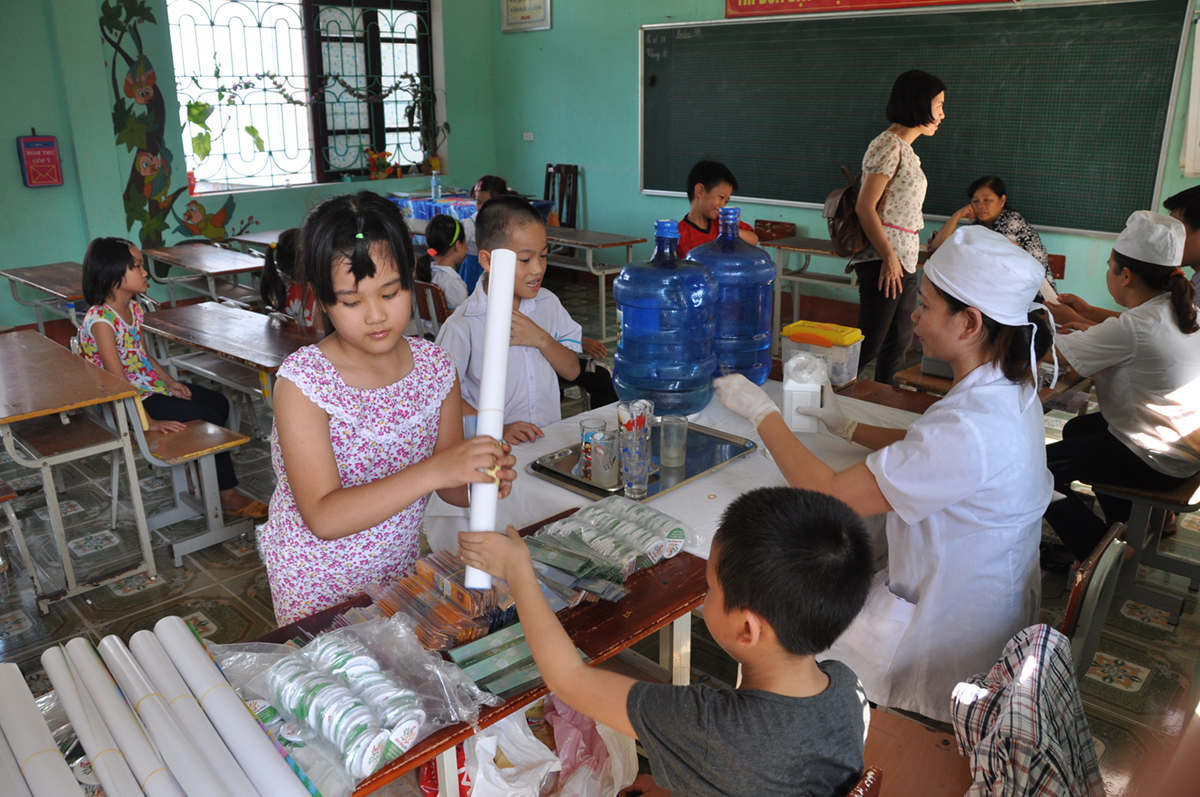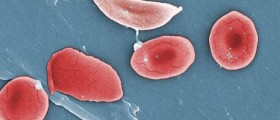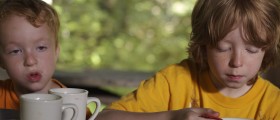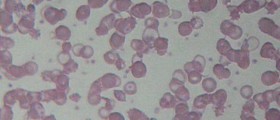
Lethargy in ChildrenIn general, children are lively and full of energy. But, sometimes it can be quite the opposite, when children are lethargic. Lethargic children exhibit lack of energy, tiredness for long periods of time, sleepiness and laziness. For such children, it can be hard to stay awake at school or while doing homework. Lethargy in children should be taken seriously as it may indicate or lead to serious medical conditions. Thereby, the cause must be promptly identified.
Causes of Lethargy in Children
Causes of lethargy in children can be various. A common cause of the condition in a child can be anemia. Anemia manifests in drastic decrease in red blood cell count, which results in low energy levels. Normally, red blood cells provide oxygen to cells. However, in anemia there is an insufficient supply of oxygen to cells because of which the body lacks energy and becomes sluggish. Obesity can also be the cause of lethargy in children. Lethargy in children can be triggered by meningitis. Meningitis is an inflammation of the meninges, the protective membranes covering the brain and spinal cord. Meningitis causes fever, headaches, sleepiness and extreme lethargy. Children can also become lethargic due to stress. Lethargy is often seen in children suffering from Down syndrome. Sleep apnea or difficulty in sleeping causes exhaustion due to lack of sleep and can be responsible too for lethargy in children. Also, certain phobias as well as panic attacks can induce lethargy in kids. Finally, lethargy in children can be caused by a liver disease.
Symptoms of Lethargy in ChildrenThe most common symptom of lethargy in kids is lack of energy. Lethargic child usually has no interest in playing. The child has difficulty in staying awake and appears excessively tired. Movements of the child are very slow and he or she usually drags themselves.
Treatment and Prevention of Lethargy in Children
Lethargy in children can be treated with different prescription medications but it is necessary to consult a health care provider to identify the cause before starting the treatment. The child must eat healthy balanced diet for a stronger immune system and to gain stamina. Proper diet is also important to avoid anemia. Vitamin supplements and health drinks should be given to the child to increase his or her energy levels. The child should be encouraged to play and engage in physical activities. This will also help to prevent obesity. Take the child to regular check-ups. If you notice sleeping problems in your child take him or her to a pediatrician.















-And-Children-16-Warning-Signs-And-Symptoms_f_280x120.jpg)
-In-Infants-And-Older-Children_f_280x120.jpg)
Your thoughts on this
Loading...